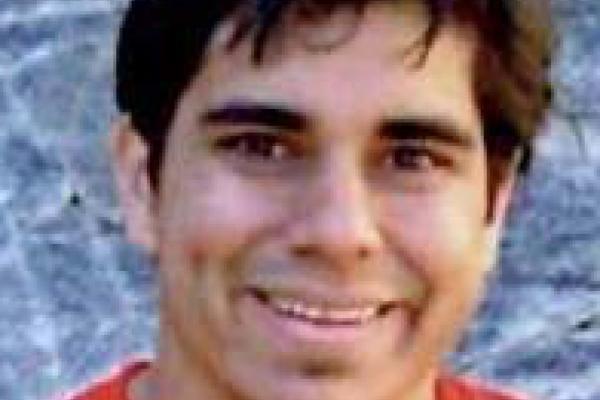
Computation has revolutionized how modern science is done. Modern physicists use computational techniques to reduce mountains of data, to simulate impossible experiments, and to develop intuition about the behavior of complex systems. Much of the research completed by modern physicists would be impossible without the use of computation. And yet, while computation is a crucial tool of practicing physicists, modern physics curricula do not reflect its importance and utility. In this talk, I will discuss the urgent need to construct such curricula and present recently completed work that demonstrates that curricula can be developed into existing course structures at a variety of levels (high school through upper-division courses). I will also discuss how physics education research can be leveraged to investigate student proficiency with computation and to document how students draw from physics, mathematics, and computing knowledge to construct working computational models. This research will help develop effective teaching practices, research-based course activities, and valid assessment tools. This work is fundamentally new within the field of physics education research and these initial studies will frame future projects to incorporate computation in physics courses.
